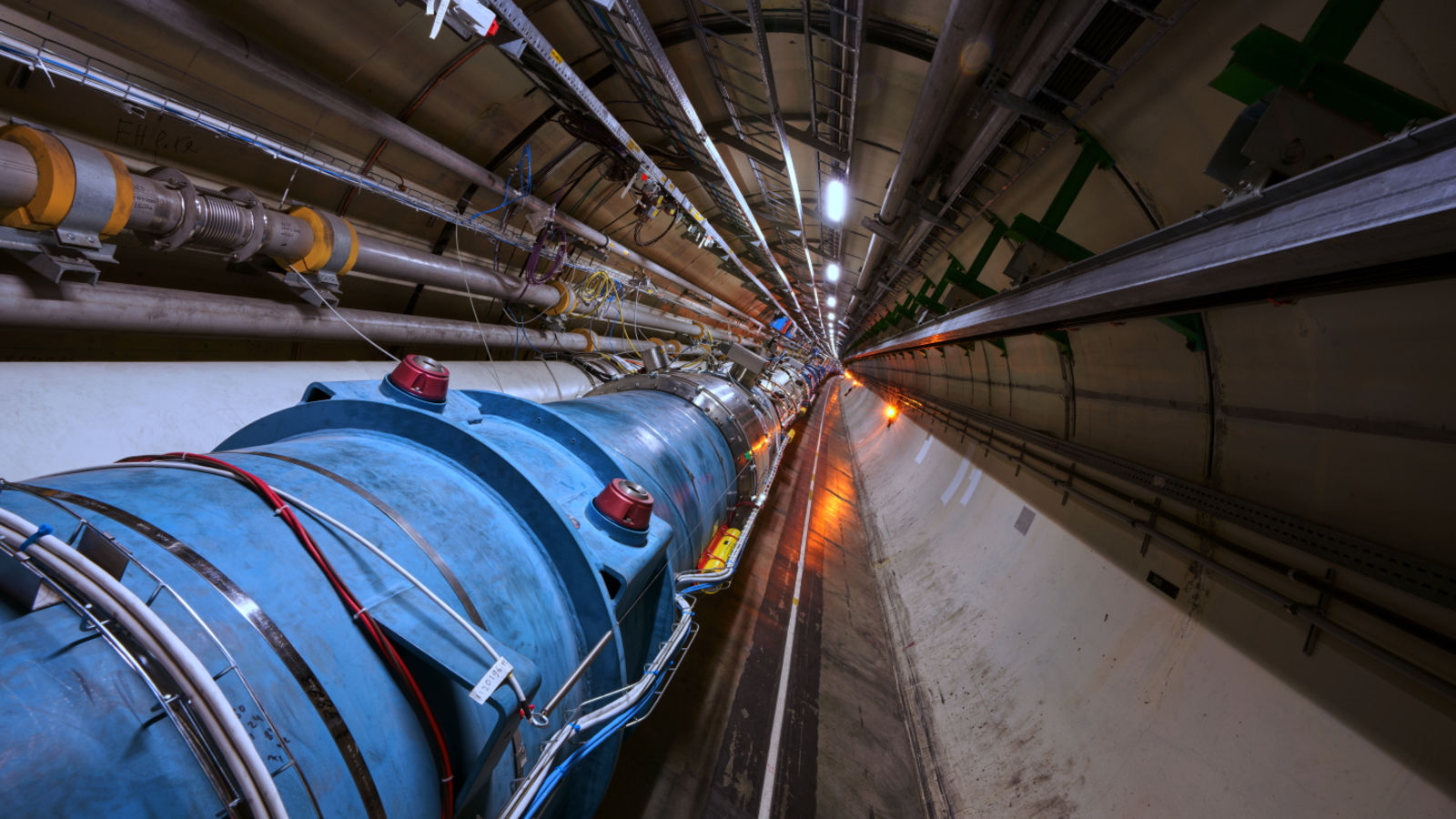
Researchers have found among the first and perhaps only hard evidence that simple protein catalysts - essential for cells, the building blocks of life, to function - may have existed when life began.

A new radiation sensor developed by US researchers is a wearable, disposable, film-type device fabricated on a paper substrate with cells of the yeast patterned between two electrodes and used as a smart material.

It’s not every day that scientists find a completely new aspect of human anatomy, but one study is providing exactly that, describing a previously unknown network of tunnels located between the skull and the brain.

A team of US researchers have, for the first time, fully 3-D printed an array of light receptors on a hemispherical surface. This discovery marks a significant step toward creating a "bionic eye".

A new material can transform into complex, pre-programmed shapes via light and temperature stimuli.

Scientists have discovered a new technique that can leave out particular sections of a gene, essentially 'skipping' them. New method, called CRISPR-SKIP, could be used to control how genes are expressed and regulated.

The world’s first ultrathin artificial retina, based on flexible 2D materials, could drastically improve visualisation technology for the blind.

For the first time, physicists at CERN have observed a benchmark atomic energy transition in anithydrogen, a major step toward cooling and manipulating the basic form of antimatter.

The researchers were able to reverse the aging process of some old human cells by delivering a specific molecule to their mitochondria, the structures within cells where energy is produced.

US researchers report that dietary iron supplements help to survive a normally lethal bacterial infection and resulted in later generations of those bacteria being less virulent.

Swedish researchers have created a systematic and detailed map of the cell types of the mouse nervous system. The researchers will now use the same methods to map out the human brain on a detailed level.

Researchers have found a way to accelerate antimatter in a 1000x smaller space than current accelerators, boosting the science of exotic particles.

Physicists have now demonstrated the world-first simulation of a chemical bond using trapped ion qubits, one of the most promising pathways to full-scale quantum computing.

The achievement opens up the possibility of using similarly bioengineered lungs for humans in need of a lung transplant.

In this case a beam of lead “atoms” traveled through the accelerator with at least one electron attached. The physicists hope to one day use these accelerated atoms in a next-generation experiment.